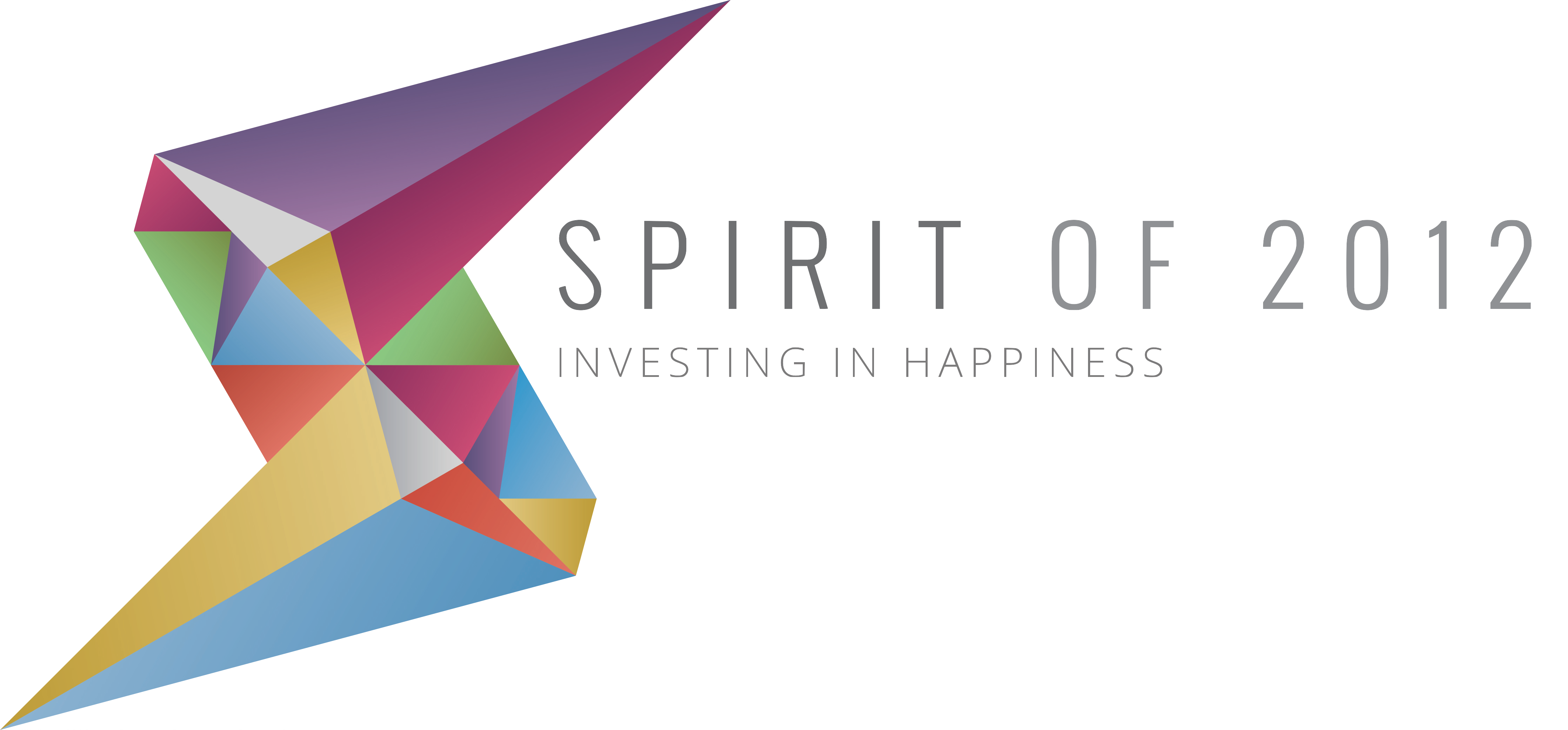How do we know what works, what doesn’t and why?
You are running your programme because you want to make a difference. You therefore need to find out whether you are succeeding and how you might be able to do even better.
How do we know what works, what doesn’t and why?
You are running your programme because you want to make a difference. You therefore need to find out whether you are succeeding and how you might be able to do even better.
This question is important because:
You are running your programme because you want to make a difference. You therefore need to find out whether you are succeeding and how you might be able to do even better. What you learn can also be useful for participants and carers, referrers, other service providers and policy makers.
Evaluation and learning will help you capture the impact and benefits of your programme. It will also help you change and improve your practice throughout the life of your programme.
Key messages:
Carry out a structured review of your project regularly – perhaps every 6 months or at the end of a particular series of sessions. You may want to time this to coincide with reports for funders. Build plenty of time into your project plans to achieve this.
Make it as easy as possible for participants to give you feedback and become involved in evaluation.
Gather together all the information you’ve been collecting from the start. For example:
- baseline and follow-up information about participants which relates to your outcomes
- completed change records
- attendance and retention records (who is coming and who is or isn’t coming back)
- observations
- photos
- posts on social media
- case studies
- feedback
- referral information.
Read through and analyse all this information. Remember to think about it in relation to your outcomes.
What does your analysis tell you? What are the implications? Involve other people in the process if you can – different people will spot different themes.
Check your interpretation with people. For example, you might assume that a low attendance rate means that you are offering the wrong activity, but it might just be at the wrong time of day.
Check you have useful evidence for all your planned outcomes. Think about what other information you wish you’d collected. Put plans in place to fill any gaps next time
Evaluation Support Scotland can help you analyse the evidence you have gathered. There are lots of free resources on their website: evaluationsupportscotland.org.uk.
Download
ESS Support Guide: Analysing information for evaluation
Download
ESS Support Guide: Using Qualitative Information for Evaluation
Link
Page summary
How do we know what works, what doesn’t and why? PDF





